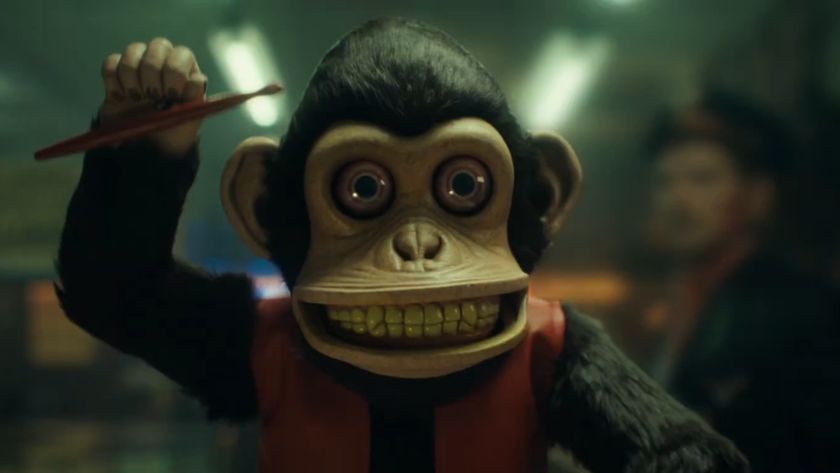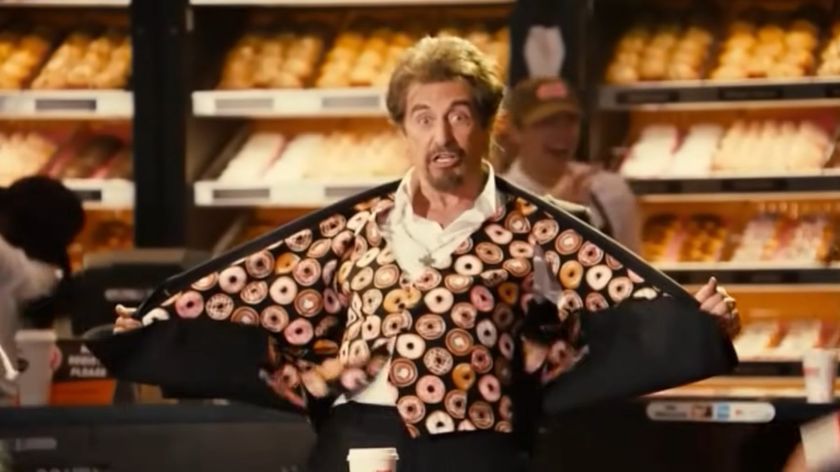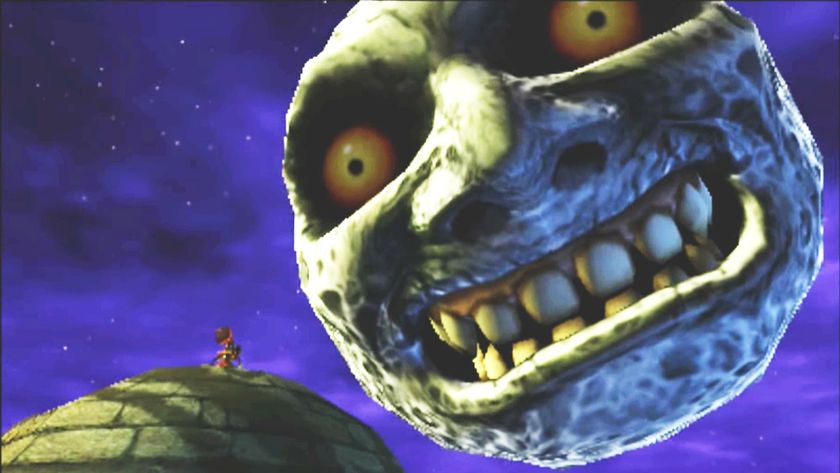Is It Just Me... Or Is Judge Dredd Just Fine?
Stallone's version of the comic-book adaptation reappraised

When Judge Dredd was released back in 1995, it was panned. Seemingly every critic in the western world labelled it “Dredd-full,” then sat back, proud as punch with the pun like the smug gits we critics are.
And you know what? They were wrong.
Sure, you’d be unwise to hold your breath for a 20th anniversary retrospective in Sight & Sound , but here’s what the screening-room lurkers missed: as a reflection of its source material, which has now raised two generations of Brit comic book aficionados, Judge Dredd is nigh perfect.
Yes, 2000 AD readers, he does take his helmet off. Which for some – OK, many – was sacrilege. But it was the ’90s, it had to be a studio picture to get the necessary effects budget, you couldn’t secure the moolah without a big star, and there’s no way the money men would fork out for Stallone without seeing his face onscreen.
And yes, Dredd does have a snog – admittedly for less clear reasons. But what comic book arrives at the screen unmolested? Look how Zack Snyder’s Watchmen turned out.
The truth is that, while Judge Dredd was all over the place, it was an accurate reflection of the comic – because it is itself all over the place.
The nutty, unbalanced tone of the film – veering from out-and-out comedy to a dismembered Jurgen Prochnow, via Armand Assante giving one of the great scenery-munching villains of all time – has been there from Dredd’s first appearance in 1977.
Tharg’s finest son has encountered pan-dimensional superbeings and encased them in a plastic called ‘Boing!’, toured a city in Egypt where his counterparts dress like Tutankhamun visiting Studio 54, and fought an army of clones who had their base under Ayers Rock.
All wonderful, of course, but if you’re looking for coherence, this is the last place to start. If there’s anything that unites the countless storylines of the past 34 years, it’s been the more or less constant heightened, hysterical tone – today’s extremes are taken as far they can, for a stylised and – well – comic-book-y tone.
Now, nobody could argue that Judge Dredd doesn’t capture that. Turn to YouTube for exhibit one: the parody vids of Assante’s fantastic overdoing of the simple line “law” are worth a thousand tumbling kittens.
Exhibit two: the film’s realisation of Mega-City One, equal parts the edifice complex of Blade Runner, the sledgehammer gags of Paul Verhoeven’s sci-fi flicks ( RoboCop, Total Recall , Starship Troopers ) and the future-weirdness of Back To The Future Part II .
And before you complain about lack of originality, consider the futility of doing so over a comic-book adaptation.
The point here is not just to say that tonal incoherence and isn’t-the-future-weird gags make a good film just because they’re in the source material. It’s just that everything people complain about over Judge Dredd’s journey, from the school bus to the cinema, is in fact a direct port from the much-loved comic itself, or at least an understandable compromise. Or is it just me?
Sign up for the Total Film Newsletter
Bringing all the latest movie news, features, and reviews to your inbox
Most Popular







